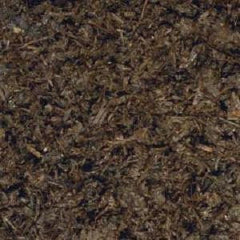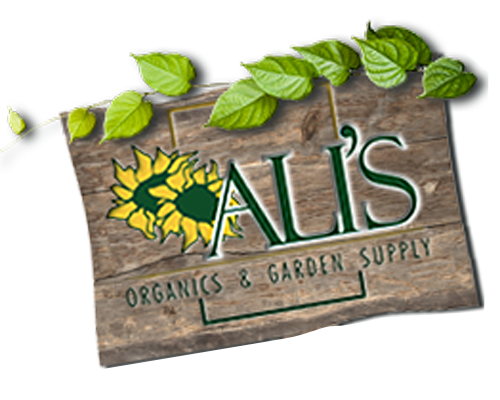Why Compost At All?
Posted November 26, 2016

Along with fuel efficiency, water conservation, and reduction in meat consumption, home composting is one of the most environmentally beneficial activities of modern society. Yard and food wastes make up approximately 30% of the waste stream in the US. Not only does composting successfully divert a significant portion of your family's waste stream from the landfill and water treatment facilities, it is a natural method of recycling organic materials into valuable humus. Finished compost is nutritious enough to use as a soil amendment, buffering the pH and helping to retain water in the soil. It can cool the soil's surface, and help mitigate erosion.
Home composting also serves as an invaluable educational tool, teaching youngsters about conservation, the cycle of life, and interconnectedness of the natural world. If it gets your child thinking about science or biology, or voluntarily participating in gardening and yard work, isn't it well worth the effort?
Though all organic matter will eventually decompose, the trick is to get your pile to decompose as fast as you can fill it. The rate at which breakdown occurs depends on several factors: Oxygenation, temperature, water content, particulate surface area, and the carbon:nitrogen ration. Composting is more of an art than a rigid science, and can at times require a bit of finesse and skill. However, with patience and a little practice, you can have ready-to-use humus for your garden in 6-8 weeks.
What to Compost
Most plant materials from your garden will work beautifully in your pile. You want to use common sense when adding larger items like branches. It's best to shred them before going into the heap. Plant food scraps from the kitchen, shredded cardboard boxes, sawdust from untreated wood. Just don't put to much of one thing in. Always remember to toss in a handful of good garden soil to inoculate the new pile with living organisms. Though is is not required, you can add compost starters like blood meal or compost accelerators to help your pile along. Avoid the synthetic additives and seek out only natural and organic sources.
What to Compost From the Yard
- Grass Clippings
- Leaves
- Shrub and tree waste
- Sawdust and wood chips
What to Compost From the Kitchen
- Coffee grounds
- tea bags
- veggie and fruit scraps
- corn husks
Oxygen is required for respiration by all aerobic inhabitants within the pile. Adequate ventilation, wind, convention currents and manual turning or mixing will help keep the anaerobic critters from producing foul orders.
The optimum temperature for fast decomposition is between 100 and 140 degrees F. Whether it is due to cold climate or insufficient material activity, when the temperature falls below this, decomposition will slow, but not cease. To keep temperatures elevated, try an insulation jacket or better placement for maximizing radiant solar heat. Use a compost thermometer to help you gauge the temperature.
An efficient compost heap needs to have a moisture content around 50%. If it is too dry, decomposition will slow down considerably, while overly wet piles can smell. Keep pile covered durning heavy rains, and add rain water when dry spell occur.
Shredding and chipping waste into small pieces in increase breakdown.
Organic materials rich in nitrogen are referred to as greens (fresh veggie scraps or grass clippings), while the others can be lumped together as browns (hay, twigs, dried leaves). A good general rule of thumb is use 2-3 parts brown to 1 part green. If an ammonia smell is detected, ease up on the nitrogen-rich greens.



Comments (0 Comments)
There are no comments.
Post Comment